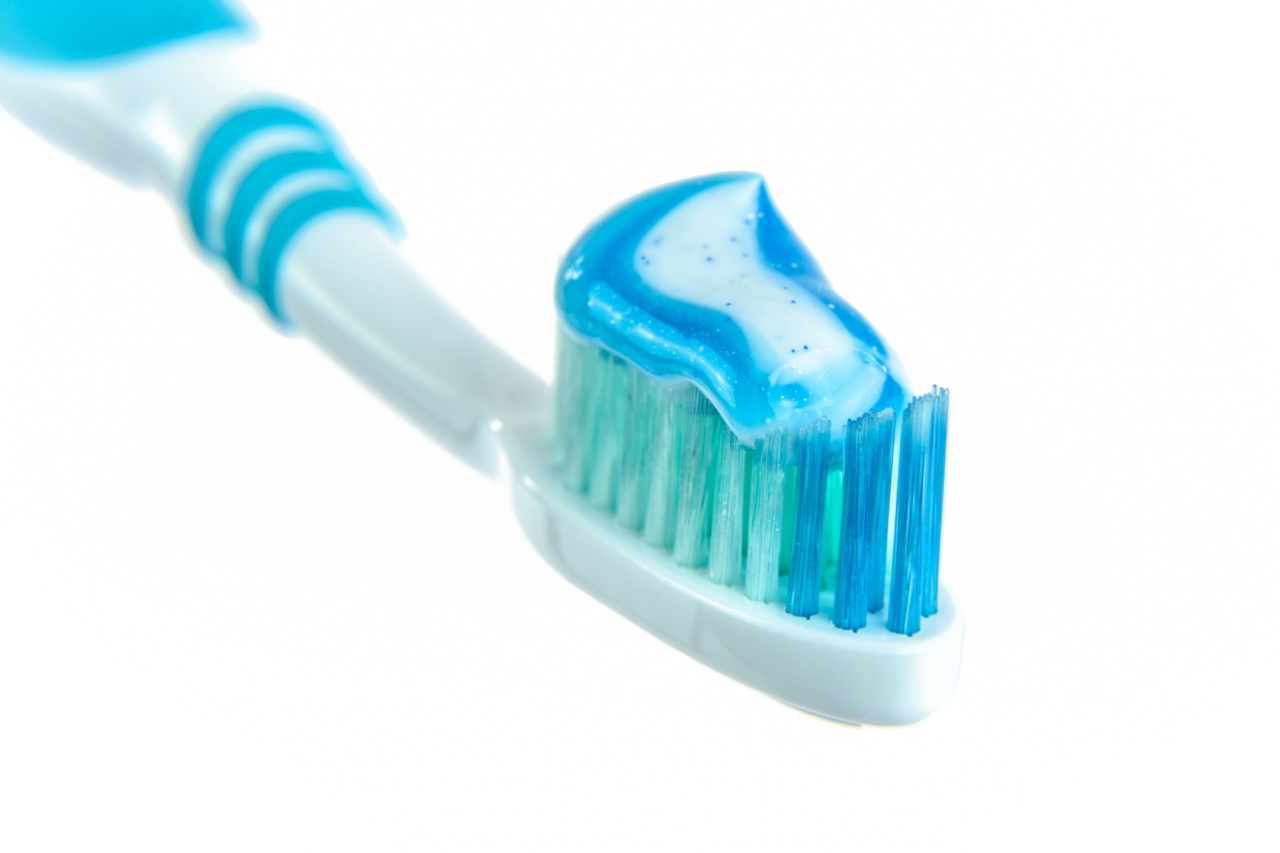Good oral hygiene is essential to maintain healthy teeth and gums. Most of us follow a daily routine that includes brushing and flossing.
What we don’t realize is that our daily routine might not be enough, and there are hidden dangers lurking in our mouth. In this article, we’ll explore the scary facts about your oral hygiene routine that you probably didn’t know.
1. You Might Be Brushing Too Hard
Brushing your teeth for two minutes, twice a day, is an excellent start to a good oral hygiene routine. But, if you brush too hard, you might be damaging your teeth and gums.
Brushing too hard can cause your gums to recede, exposing the roots of your teeth. It can also wear down the enamel on your teeth, leaving them vulnerable to cavities and sensitivity.
2. Flossing Incorrectly Can Be Harmful
Flossing is an essential part of your oral hygiene routine. But, if you don’t do it correctly, it can be harmful to your gums. If you floss too hard or use too much force, you can damage your gums.
It’s essential to use a gentle back-and-forth motion and slide the floss between your teeth without forcing it. Also, make sure to use a fresh section of floss for each tooth to avoid transferring bacteria.
3. Your Diet Affects Your Teeth
The types of food you eat and how often you eat them have a significant impact on your teeth and gums. Foods that are high in sugar and acid can erode your tooth enamel and cause cavities.
Moreover, snacking throughout the day doesn’t give your saliva enough time to neutralize the acid in your mouth, leading to tooth decay.
4. Your Toothbrush Might Not Be Clean
Your toothbrush can be a breeding ground for bacteria and germs. When you brush your teeth, your toothbrush collects saliva, blood, and bacteria from your mouth.
If you don’t clean your toothbrush properly, these bacteria can multiply, leading to infections. Make sure to rinse your toothbrush thoroughly after using it, store it in an upright position, and replace it every three to four months.
5. Mouthwash Isn’t a Substitute for Brushing and Flossing
Mouthwash is an excellent addition to your oral hygiene routine. It can kill bacteria, freshen your breath, and prevent gum disease. However, it’s essential to remember that mouthwash is not a substitute for brushing and flossing.
Mouthwash can’t remove plaque or debris from your teeth and gums. It’s still necessary to brush twice a day and floss once a day to maintain optimal oral health.
6. Dental Problems Can Impact Overall Health
Oral health problems can affect your overall health, too. Poor oral hygiene has been linked to several health conditions, including heart disease, stroke, diabetes, and respiratory disease.
Gum disease, in particular, has been linked to premature birth and low-birth-weight babies.
7. You Can Still Get Cavities Even with Excellent Oral Hygiene
Even if you have an excellent oral hygiene routine, you can still get cavities. A cavity is an infection that occurs when bacteria in your mouth produce acid that eats away at your enamel.
Regular dental checkups can help detect and treat cavities before they become more severe.
8. Skipping Dental Checkups is Risky
Skipping your dental checkups can put your oral health at risk. Your dentist can detect early signs of gum disease, oral cancer, and cavities.
Biannual checkups allow your dentist to monitor your oral health and provide treatments before the condition worsens.
9. Smoking Affects Your Oral Health
Smoking has numerous harmful health effects, and it can also damage your oral health. Smoking can cause yellow teeth, bad breath, gum disease, and oral cancer. Quitting smoking can improve your oral health and prevent long-term complications.
10. Your Oral Health Affects Your Confidence
Your oral health can have a significant impact on your confidence and self-esteem. If you have missing or damaged teeth, it can be challenging to feel confident in social situations.
Good oral hygiene can help prevent dental problems and give you a healthy, beautiful smile.




























